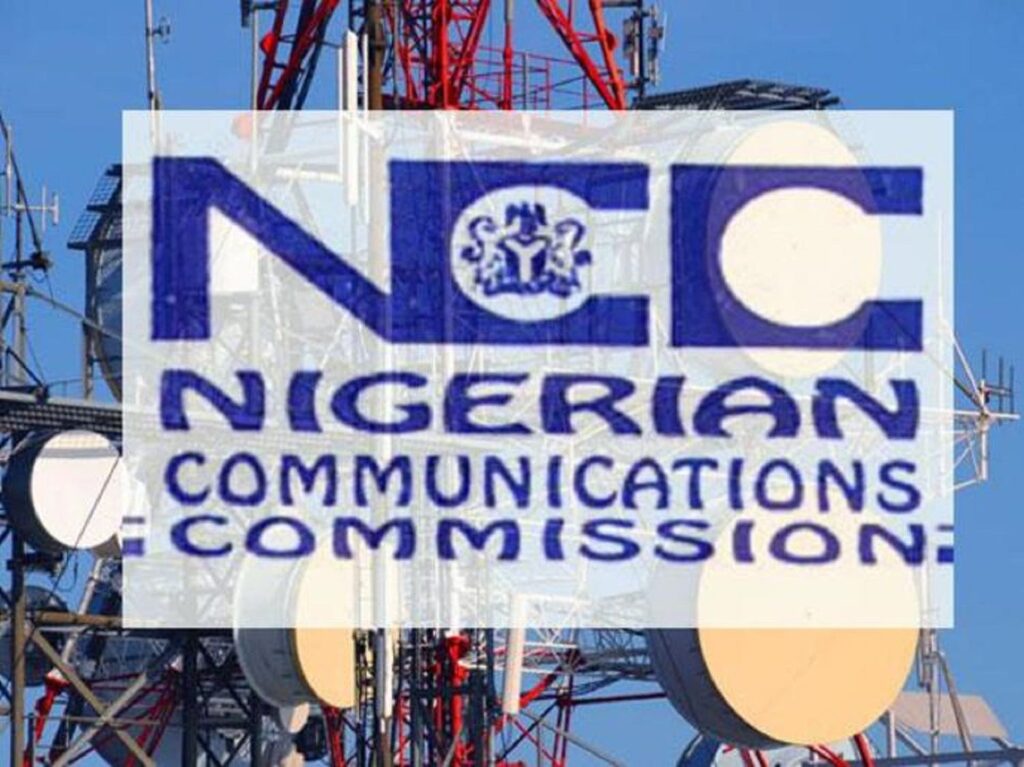
File photo of the Nigerian Communications Commission, NCC
In a significant shift in the billing structure for mobile banking services, the Nigerian Communications Commission (NCC) has directed Deposit Money Banks (DMBs) to begin deducting charges for Unstructured Supplementary Service Data (USSD) transactions directly from customers’ mobile airtime, rather than from their bank accounts.
This directive, which takes effect from Tuesday, June 3, 2025, was communicated to customers by several banks, including the United Bank for Africa (UBA), via email notifications.
According to UBA, “In line with the directive of the Nigerian Communications Commission, please be informed that effective June 3, 2025, charges for USSD banking services will no longer be deducted from your bank account. Going forward, these charges will be deducted directly from your mobile airtime balance in accordance with the NCC’s End-User Billing model.”
Under this new model, each USSD session will attract a charge of ₦6.98 per 120 seconds, which will be billed by the user’s mobile network operator. Customers will receive a consent prompt at the beginning of each session, and airtime will only be deducted upon confirmation and successful initiation of the requested banking service.
UBA also noted that customers who do not wish to proceed under the new billing arrangement can opt to discontinue USSD banking entirely, while still having access to other digital channels such as mobile apps and internet banking platforms.
NCC’s Move to Resolve USSD Debt Crisis
The latest directive appears to be part of efforts by the NCC to resolve the long-standing dispute between mobile network operators and banks over unpaid USSD service charges, which had ballooned to ₦250 billion by late 2024.
In December 2024, the NCC and the Central Bank of Nigeria (CBN) jointly urged banks and telcos to settle the debt amicably. However, tensions escalated in January 2025 when the NCC threatened to suspend USSD services and ordered telcos to disconnect USSD codes assigned to nine defaulting banks.
By February 28, MTN Nigeria confirmed it had received ₦32 billion out of ₦72 billion owed by the banks, signaling partial progress in debt recovery.
The USSD debt crisis has remained a critical challenge in Nigeria’s financial and telecom sectors, with telcos accusing banks of profiting from USSD-based transactions without adequate compensation for the underlying network infrastructure.
For mobile banking users, the change means that USSD banking sessions will now directly impact their airtime balances, rather than bank balances. While this offers transparency and may help telcos recover operational costs, it could also lead to reduced USSD usage, particularly among low-income users who rely on the service for quick banking transactions.
As the telecom and banking sectors continue to adjust to this development, industry observers say the move may encourage further migration to digital banking apps and internet banking, especially among smartphone users.

Comments